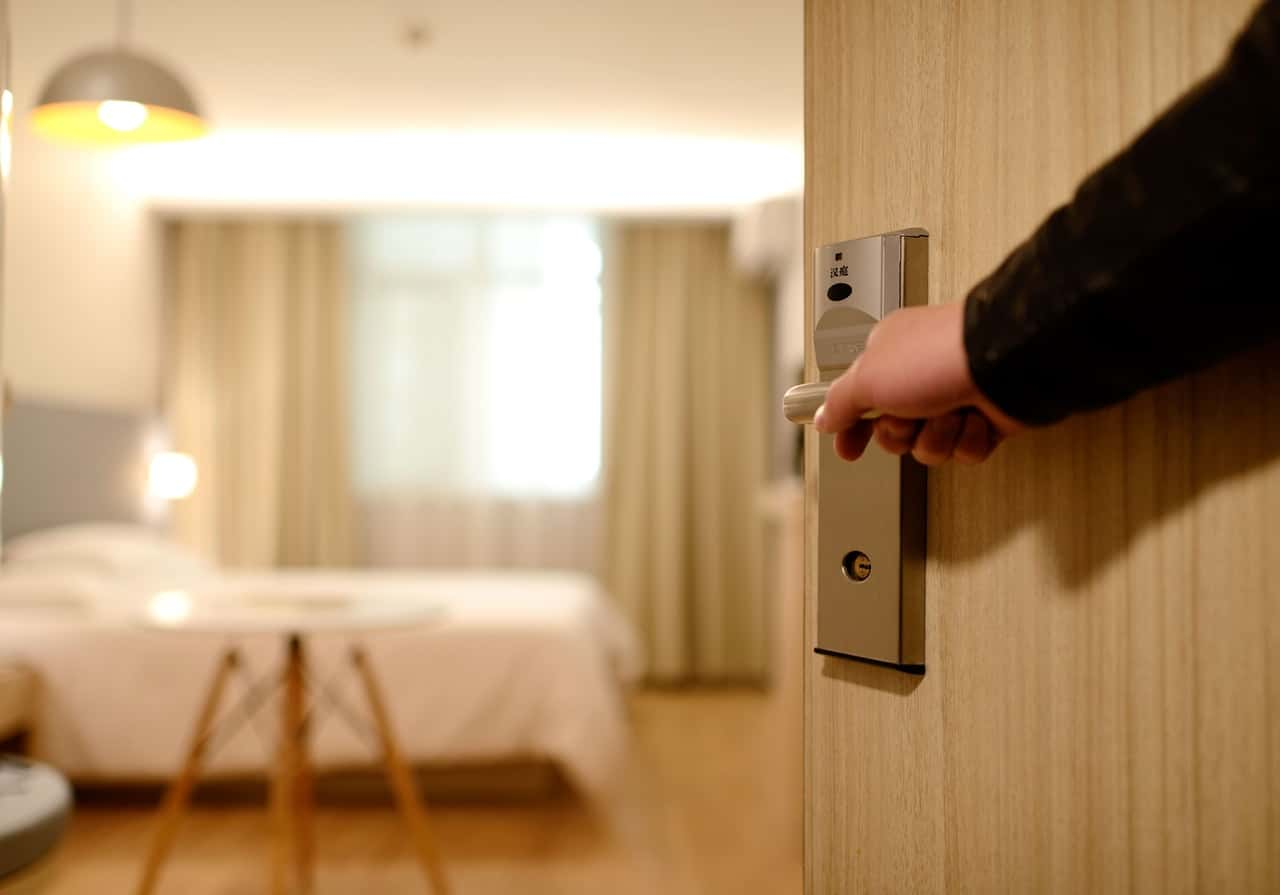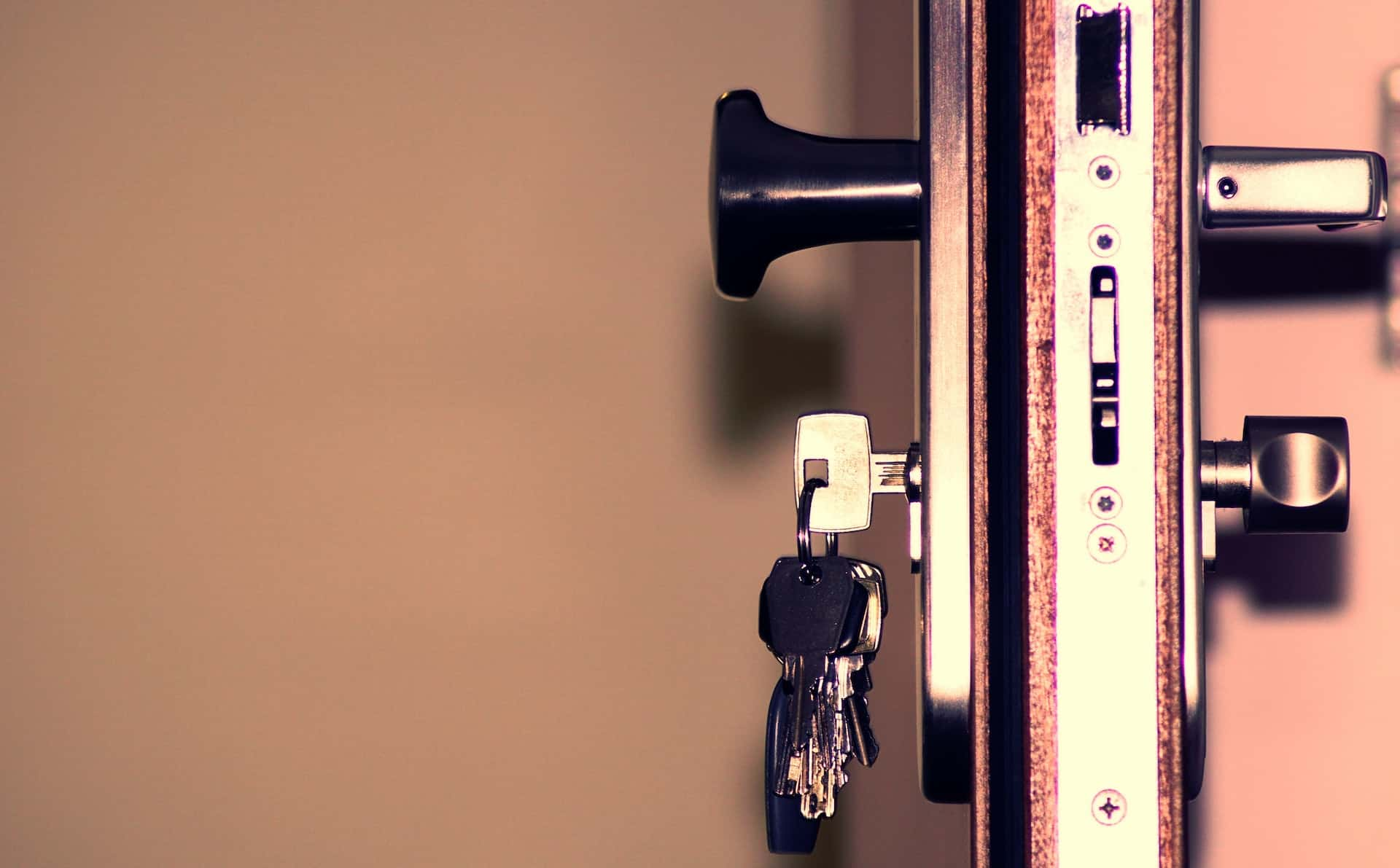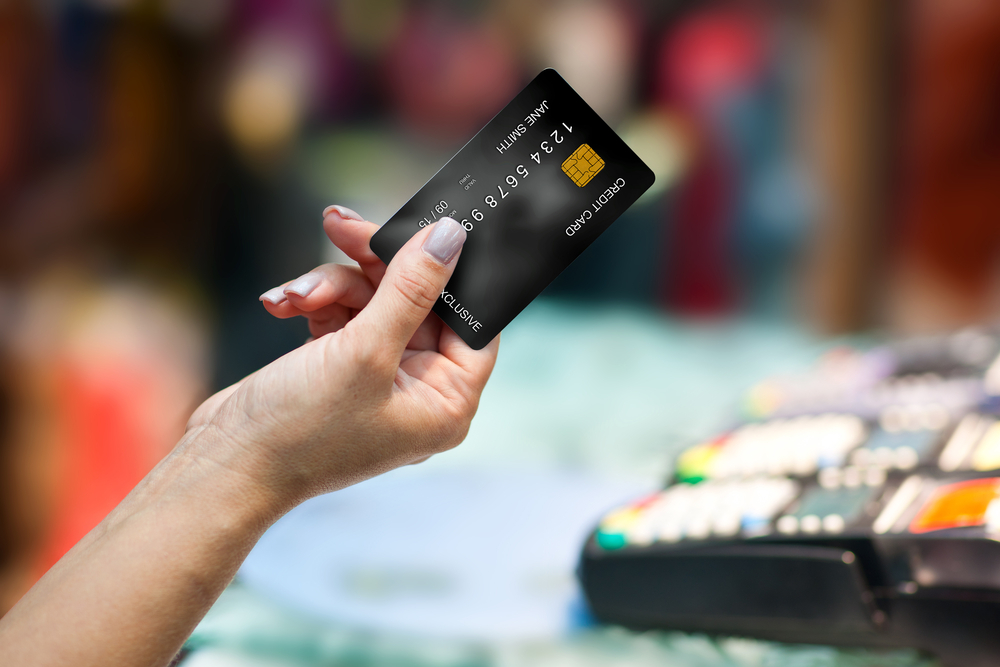Hidden Fees You Didn’t Know You Were Paying
It’s no surprise that in today’s world not much is free—everything comes at a price. And sometimes, that price is a hidden fee that you had no idea existed.
This can be frustrating, especially when the hidden fees aren’t disclosed right away, and when they end up costing you more.
Here’s a few of the most common hidden fees that you may not be aware of with tips from financial experts on how to avoid them.

What are hidden fees?
Before we dive into the specifics, lets discuss what a hidden fee is.
Hidden fees are any unexpected fees that consumers are charged when purchasing goods or services. This often includes additional charges on services that you are unaware of at the time of signing up.
Sometimes they are referred to as “undisclosed fees”, which highlights the fact that consumers only realize the effect of the fees after the fact.
What are hidden fees? Cont’d
Hidden fees may be a one-time charge, or they may be more frequent.
Typically, a hidden fee is less than $10, but that is not always the case. Even so, if multiple accounts/companies have charged hidden fees, that amount can add up.
Now, let’s get to the point—12 hidden fees you should be aware of.
Foreign Transaction Fees
When traveling abroad people often swipe their credit cards without much thought. But credit card companies often add 1 to 3 percent on top of a purchase as a foreign transaction fee.
Natasha Rachel Smith, a personal finance expert with TopCashback.com says you can, “avoid this pesky fee by paying with cash or using a credit card that waives the foreign transaction fees”.
Hotel Check-Ins
Popular hotels in top tourist destinations often charge resort fees that are unavoidable. This can range from $10-$30 per night.
This fee is not included in the price guests see online when planning their trip, which often makes it a surprise upon check-in.
“To avoid a costly surprise during check-in, call your hotel and ask upfront about fees,” says Smith.
Cable Providers
Cable TV providers are now adding fees to cover their business costs, even when they say they are freezing prices in general. These fees help the companies pay for carrying certain broadcast networks like CBS and sports channels.
Take a look at your bill and make sure you aren’t paying a premium for channels you don’t watch.
Because of these hidden fees, costumers who call to cancel are usually convinced to stay by waiving these fees. They make it sound like a favor, but in reality, they’re just taking off the fees you never noticed before.
Hotel Room Fees
Hotel rooms are the sneakiest of places when it comes to hidden fees. Aside from surprise booking fees we mentioned earlier, there are also hidden fees within the room itself.
Mini bars are a prime example. Even though they may list the prices, what they don’t tell you is that shifting items in the car can often trigger a charge.
Asking for more towels, pillows, or robes can often add charges to your account that will simply be added to your credit card upon check out. This includes late check-out times.
Always be weary of hotel amenities, and call the front desk to ask before helping yourself.
Replacement Keys
In most cases, replacement keys come at a cost. This includes car keys, apartment keys, and even mailbox keys.
This is especially the case for hotel key cards and rental car keys. Always assume you will pay if you ask for an extra set, or if you need to replace one you lost.
This cost can be as low as $25 or as high as $300.
Prepaid Credit Cards
Don’t have a credit card but need to make an online purchase? No problem—prepaid credit cards are easy to come by. However, most people don’t realize that there is an activation fee, or sometimes a swipe fee.
Always make sure you have about $10 more than the amount you want on the card before purchasing, and stick to only using prepaid cards when you absolutely have to.
Reading the fine print before paying is essential.
ATM Fees
Many Americans pay fees simply to access their own cash. ATM fees add up quickly. What most people don’t know is that on top of the actual fee that the machine displays, your bank will also charge you a fee for using an ATM that is not associated with them.
This often adds up to at least $4 per transaction. So, a $20 withdrawal will actually cost you $24.
Overdraft Fees
Overdraft fees are not as “hidden” as most others as they appear on your statement immediately after your account goes into overdraft. But these fees can really hurt, especially when the bounced payment comes back with an NSF fee on top of it.
You can avoid this by setting up alerts with your bank that will let you know when your funds are running low. Overdraft protection can often avoid these fees, but then you are also paying to have the protection (with some banks).
Account Fees
Most accounts, whether they’re bank accounts, credit accounts, or even membership accounts, will come with an annual fee.
For example, Capital One credit cards will charge you $60 or more per year simply to have the card. This fee will quietly be added to your balance. It also isn’t openly mentioned when signing up—you have to read the fine print.
Banks will charge a variety of fees as well, including: annual fees, maintenance fees, transaction fees, late payment fees, balance transfer fees, and more. Some accounts will charge you a fee if you go below the minimum balance.
Explore alternative accounts that may offer lower fees, or no fees for similar services.
Subscription Services
Subscriptions have become the norm. Now-a-days there is a subscription for everything. But be aware—companies feed on the convenience factor, assuming consumers don’t know—or even look—at the details of their subscriptions.
These fees may include: cancellation fees, automatic renewal charges, or add-on service fees.
Some streaming subscriptions only include a certain number of channels or programs and then tack on a rental fee for others. It usually gets instantly charged to the card on your account as soon as you start watching the program.
Utility Bills
Utility providers are notorious for adding hidden fees. This can include administrative fees, activation fees, or even fees for paper bills.
Review your bills regularly and question anything that you don’t recognize.
Early Termination Fees
This one might also be less of a “hidden fee” and more of a “didn’t read the contract fee”. Nonetheless, this is an often-unexpected fee that frustrates consumers.
You may want to cancel your services early due to high prices or unfavorable service—meaning you are an unhappy customer. After several attempts of the representative trying to keep you as a customer, your frustrating call will end, and you will have assumed you’re free. Until you receive an updated invoice with a whopping cancellation fee you still have to pay.
Always assume that a service contract will have an early-termination fee. Some will have a termination fee regardless of the time-frame in which you cancel. Read the contract thoroughly before committing to something you are unsure of.
Final Thoughts
Hidden fees cannot always be avoided, but being aware of them can lessen the sting of a sudden surprise.
It is advised that you always thoroughly read the terms and conditions before committing to any service agreement.
Regularly review your bank and credit card statements to uncover any hidden fees that may sneak up without any warning.
It pays to stay informed!






















